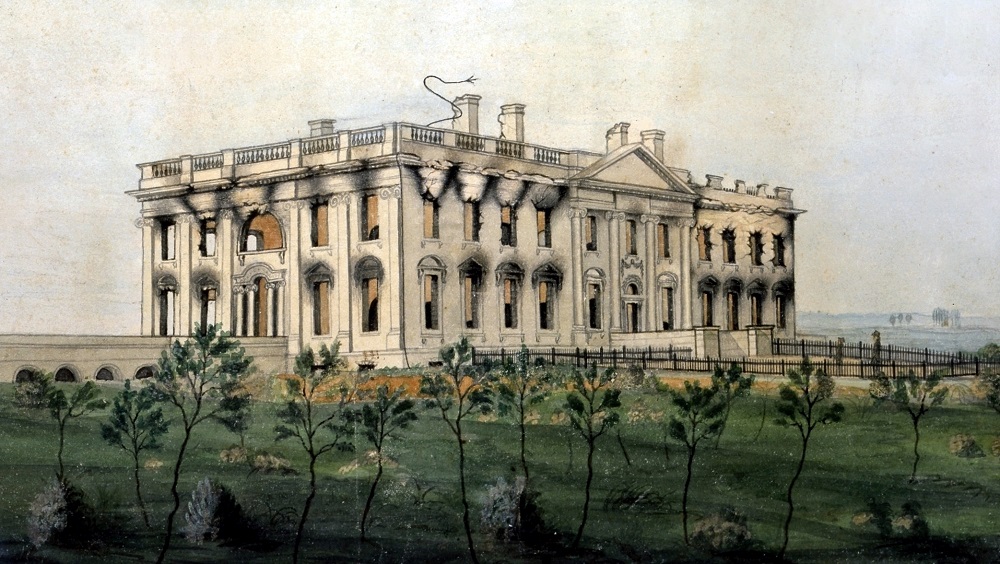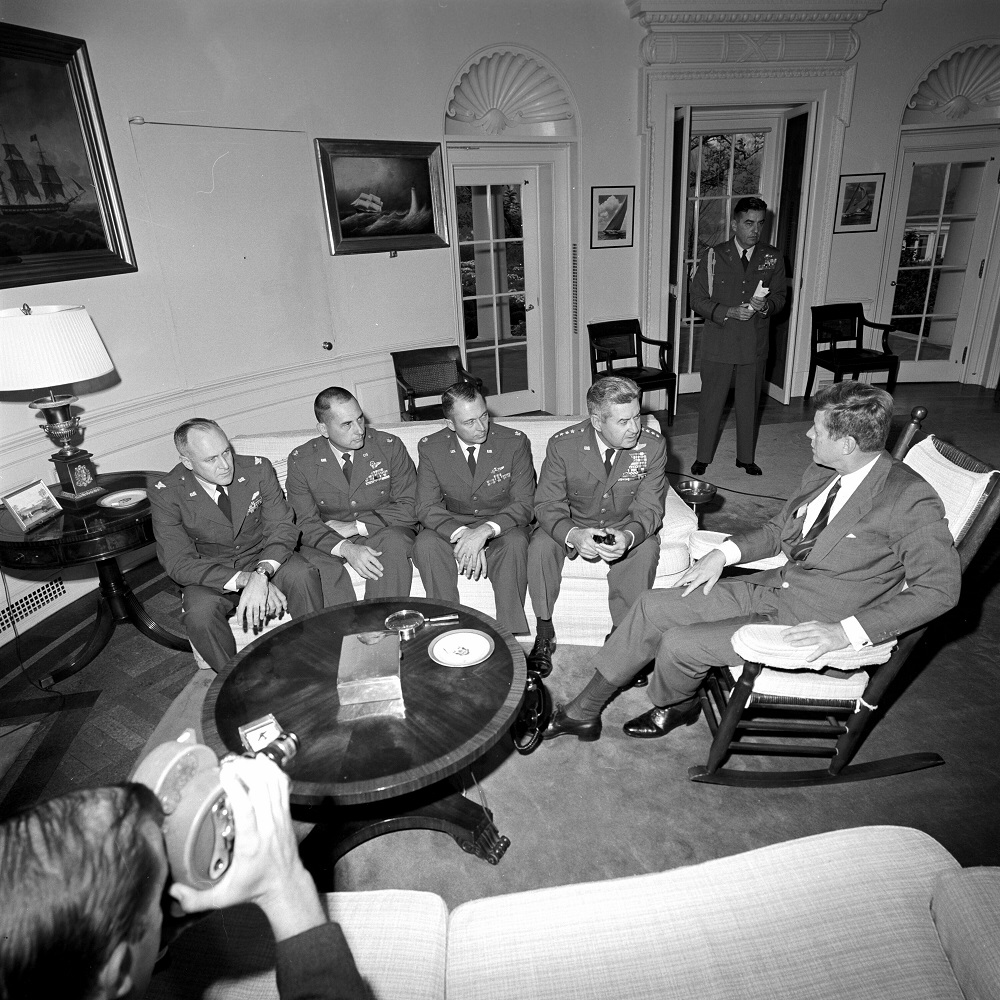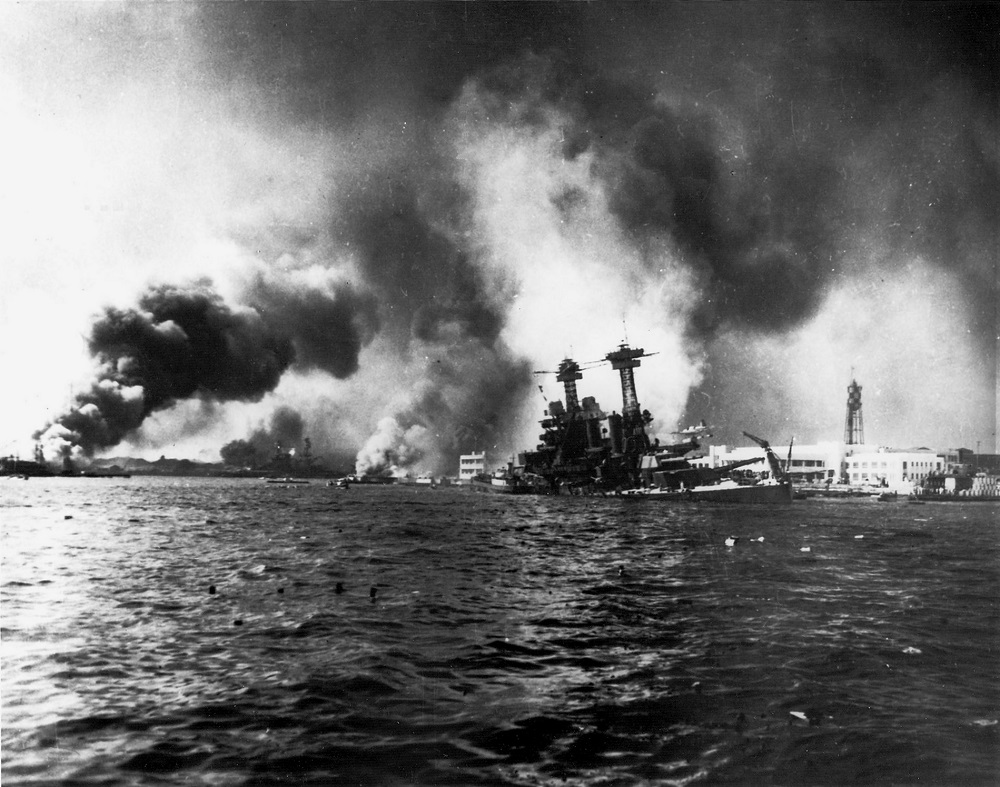Do you know which ones were the darkest days in American history?
America is a great nation with an interesting history that has always left me wanting to know more and more. I started this blog to share my lifelong passion for American history, but also to help others learn about the events that shaped our nation on the world’s map.
But over the years, after spending hours digging through archives, old broadcasts, and firsthand accounts, I can say one thing for certain: some of the darkest days in American history are like a kick to the stomach.
These aren’t merely historical headlines; they represent real-life events that paused time, ranging from assassinations that hindered the country’s progress to unanticipated catastrophes. We speak of “never forgetting,” but how many of us actually remember these events? Let’s travel through time together and see the darkest days in American history.
All the events are presented in chronological order.

August 24th, 1814, the day when Washington was set on fire
As mentioned, I will start the list of some of the darkest days in American history with the year 1814, when England, after surviving France’s invasion threat under Napoleon Bonaparte, focused its vast military power toward retaking large swaths of the still-weakly guarded United States.
Following their victory over the Americans at the Battle of Bladensburg, British forces launched an attack on Washington, D.C., on August 24, 1814, burning the White House and countless other government buildings.
To protect themselves from the dangerous fire, President James Madison and a big part of his administration left the city for Brookville, Maryland. Because of this event, Brookville is also known as the United States’ capital for a day. Maybe it was God’s way of helping America, because the next day, a heavy thunderstorm managed to stop the burning fire.
While this was one hell of an event that terrified the nation, it encouraged the U.S. military to block further British advances in the country. The War that started in 1812 came to an end with the signing of the Treaty of Ghent on February 17, 1815, which many Americans refer to as the “second war of independence.”
April 14th, 1865, Abraham Lincoln’s Assassination
Most people are familiar with the incredible influence that former President Abraham Lincoln had on our country. People appreciated him for his efforts to maintain peace, heal old wounds, and especially to keep the nation united and stronger.
We are, unfortunately, known worldwide for the assassinations of our leaders. One of the events that shook America happened on April 14, 1865, marking the tragic end of President Lincoln’s life, which was cut short just after he was elected for a second term in office.
John Wilkes Booth swiftly decided to end the concept of a united America. Lincoln was taken immediately to a boarding house across from the theater, just like JFK, but despite the efforts of medical professionals to save him, he passed away nine hours later on April 15 at 7:22 a.m.
As you know me by now, for this article I also used a couple of books, and one of them is American Brutus: John Wilkes Booth and the Lincoln Conspiracies, written by Michael W. Kauffman. Meant to follow in the killer’s steps, the author did everything possible to uncover the truth in his study, including living in Booth’s home and recreating significant aspects of Booth’s escape. If you’re curious or you want to gain a fresh perspective on this horrible moment from our country’s history, refer to this book.
October 29th, 1929, the day when the stock market crashed
Can you recall a period when the economy was thriving and we experienced more prosperous times? Those of my age (I’m 59, by the way) may say that the 70s were better when almost everybody could afford to buy a house, etc., etc. But history dares to say otherwise.
It is the year 1929, eleven years after America got out of WWI. Cities grew rapidly, and job-wise, those who were living in the big cities had more chances for a better-paid job compared to the nation’s farmers, who suffered huge financial strains due to overproduction of crops. The stock market seemed positive, which led many individuals to make rather risky investments. And the terrible news wasn’t over.
Does anyone remember the event known as Black Thursday that occurred in 1929? It was one of the darkest days in American history. When stock prices fell sharply on the morning of October 29, nearly every American who had stock started frantically trying to sell it. Naturally, no one was purchasing because everyone was selling, and stock values kept collapsing.
This led to the Great Depression, which lasted for at least 12 years and was another dreadful period for the country. President Franklin D. Roosevelt brought an end to America’s darkest period in 1939.
Pearl Harbor bombing, one of the Darkest Days in American History
It was the winter of December 1941, when Americans thought they were finally going to have a peaceful Christmas. But fate had other plans… The unexpected attack on Pearl Harbor, which took place on December 7, 1941, will be remembered as one of the events that shook America.
The U.S. Navy’s Pacific Fleet, based in Pearl Harbor, Hawaii, was attacked by Japanese forces. By the end of the day, evidence indicated that 57 civilians and 2,345 U.S. military personnel had lost their lives, while 1,247 military personnel and 35 civilians were injured. Furthermore, Japanese forces destroyed 188 aircraft, sank four battleships and two destroyers, and destroyed the U.S. Pacific Fleet.
All the newspapers took the chance to share images of the attack right on the cover; after all, it was something that couldn’t be kept secret. Fearing that the Japanese might invade the U.S. West Coast faster now that the Pacific fleet is no longer active, more than 117,000 Japanese-Americans were put in camps by President Roosevelt. It was official: Americans were now a part of WWII, whether they liked it or not.
Even today, eighty-four years later, Americans are still pretty shaken by simply hearing the words “Pearl Harbor,” and since 1994, the date is officially a day of mourning for the victims.

The Cuban missile crisis: a turning point in history
If in 1941 Americans were hoping for a peaceful Christmas spent with their families, in October 1962 nobody thought they would have a pretty shaken Halloween. I mean, we all enjoy a good scare during this holiday, but nobody wanted the Cuban Missile Crisis, which is recognized as one of the events that shook America.
Any boomer remembers turning on the TV on the evening of October 22, 1962, and seeing President John F. Kennedy on the news validating rumors that the Soviet Union was stationing nuclear missiles in Cuba, just 90 miles off the Florida coast.
The launch of any Soviet nuclear missile from Cuba would be deemed an act of war “requiring a full retaliatory response upon the Soviet Union,” Kennedy warned, knowing that the missiles could strike targets anywhere in the continental United States.
Kennedy and his most trusted staff members had been involved in the riskiest game of atomic diplomacy in history while American schoolchildren desperately sought cover beneath their small desks and were told, “Don’t look at the flash.” The Soviet missiles were negotiated out of Cuba, thankfully ending the Cuban Missile Crisis peacefully.
Now more than ever, we are still afraid of a possible nuclear war. God bless America and keep us safe!
Of course, the list of all the events that shook America is longer; these are just a few of the most significant. I promise I will continue the list in the following articles, so make sure you stay tuned. Hey there! If you’re enjoying my content and would like to be a part of the History in the USA community, I’d love for you to click that subscribe button.
Are there any specific topics that you want me to write about? For any suggestions, the comments section is open. Let your imagination run freely; don’t be shy!
You may also like to read: 6 Strange Ideas That Shaped 1970s Thinking.
